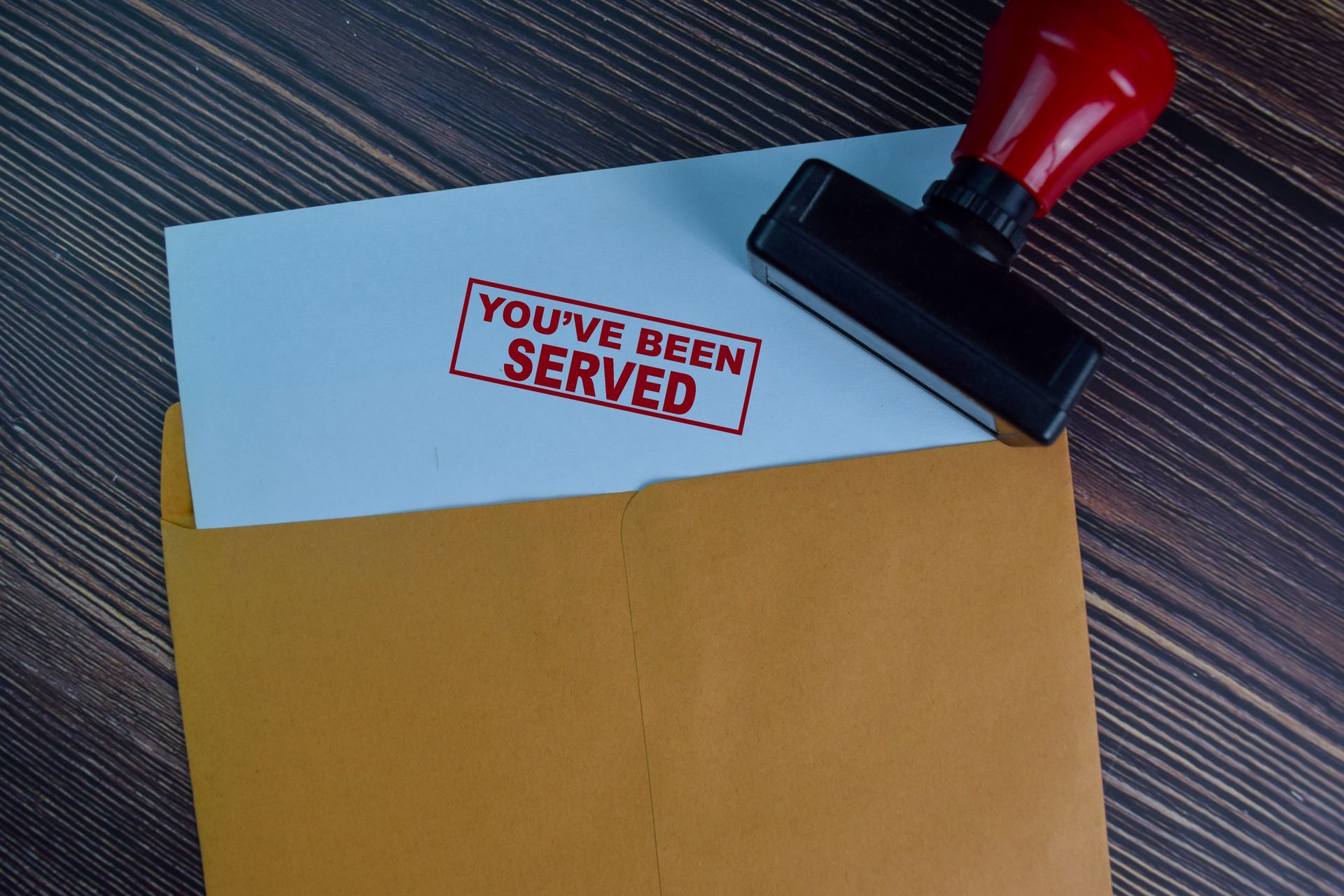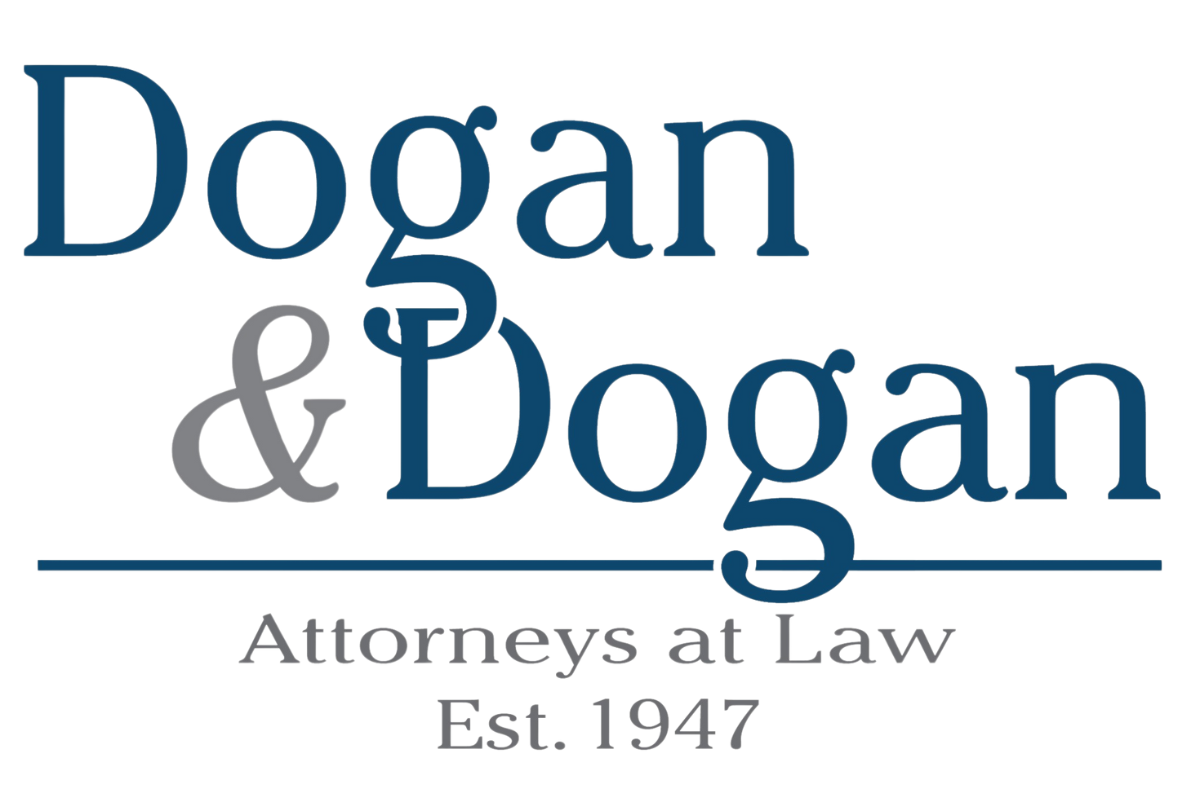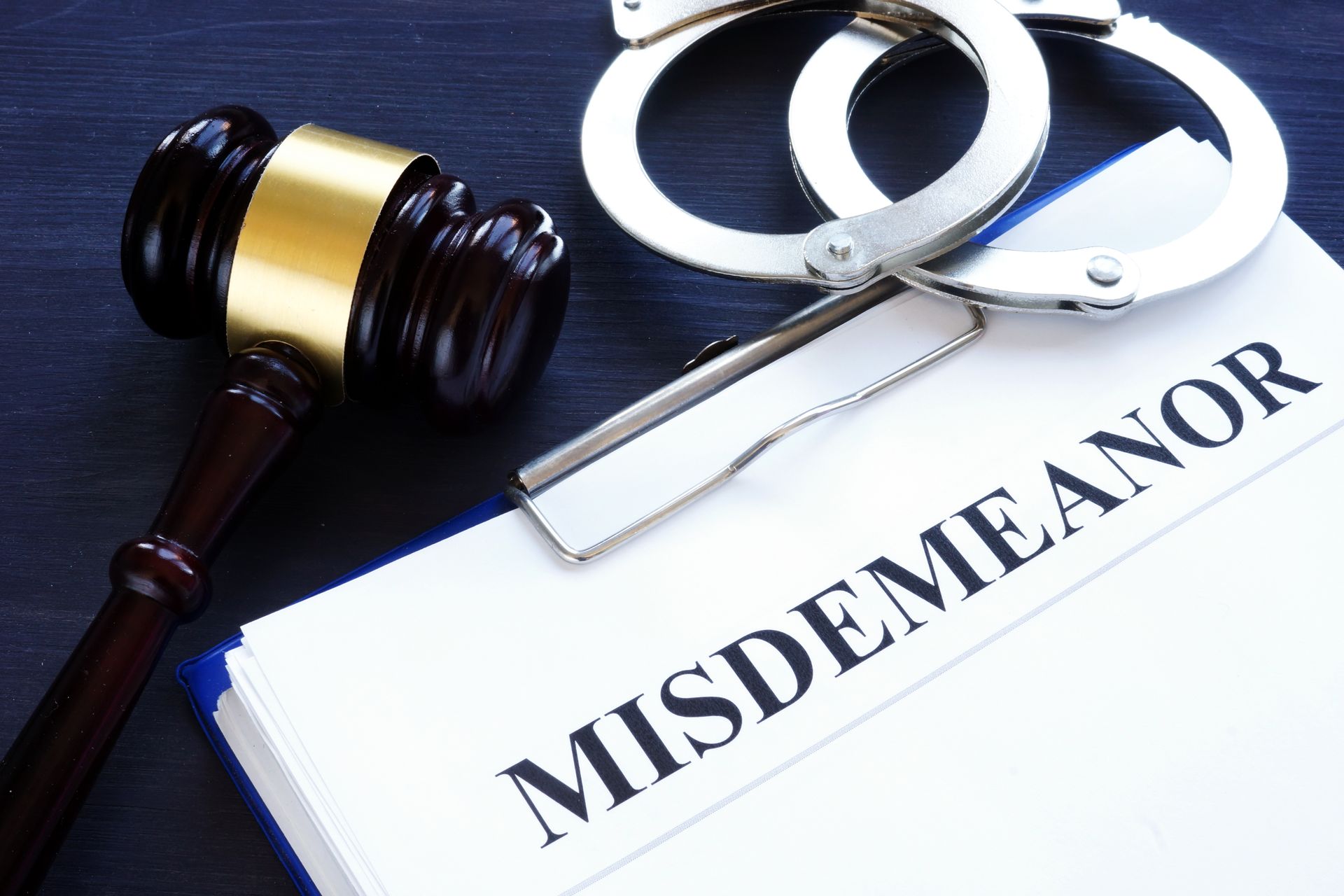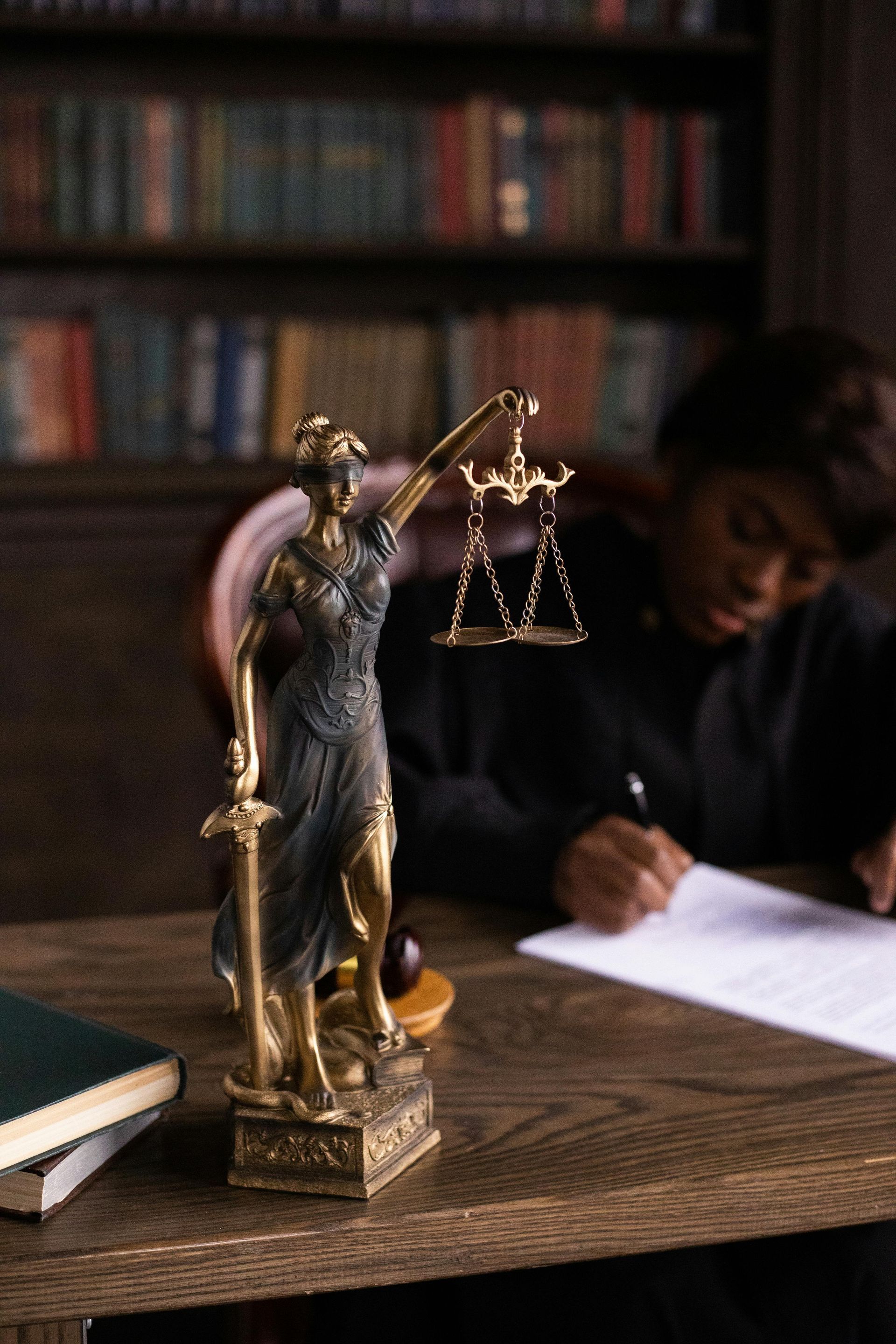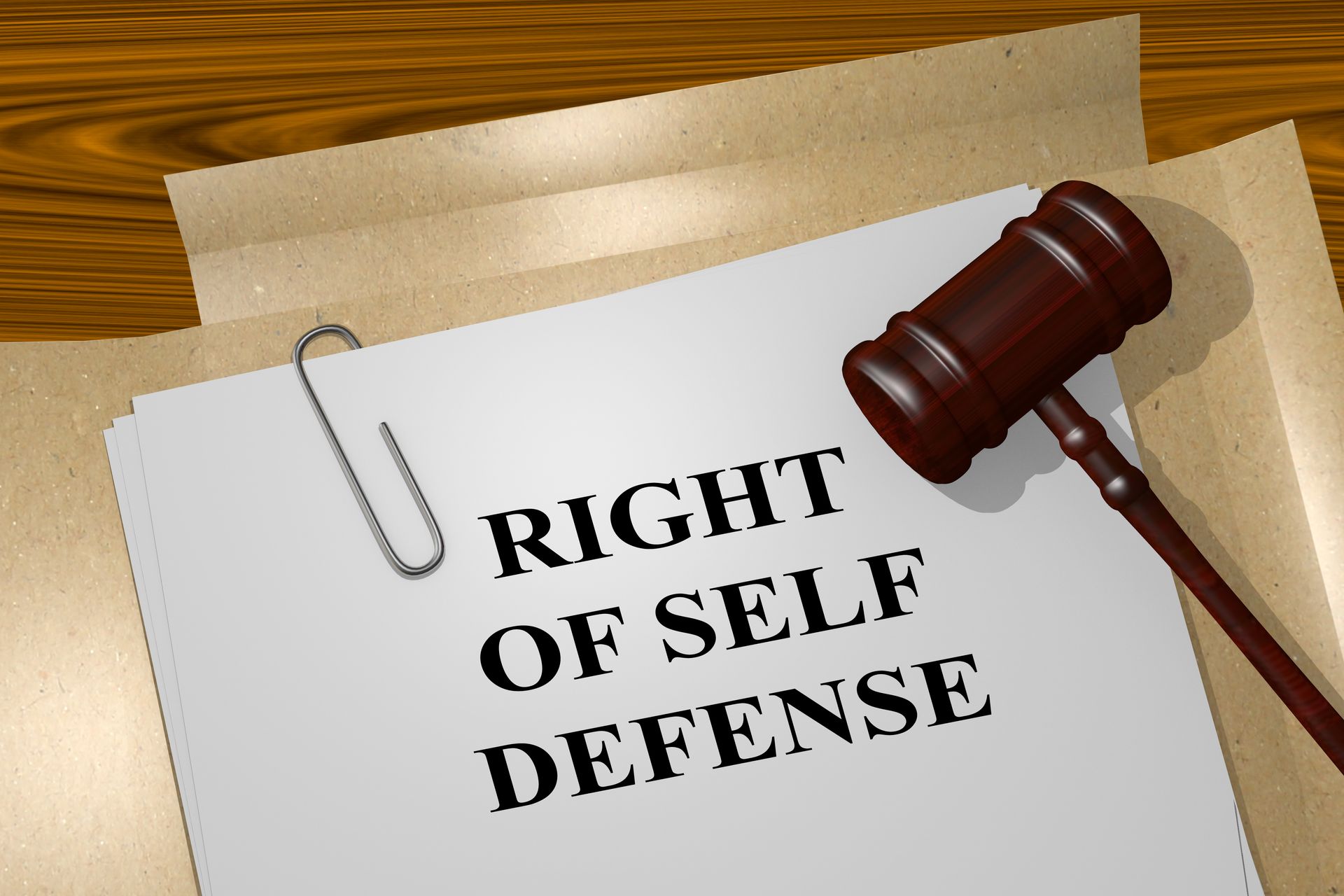Do I really need a lawyer if I have been charged with drunk driving?
The answer is not always straightforward.
Being charged with drunk driving can be a daunting experience. The legal complexities and potential consequences can leave you feeling overwhelmed. You may be asking yourself, "Do I really need a lawyer if I have been charged with drunk driving?"
In the State of Indiana, operating while intoxicated (OWI) or driving under the influence (DUI) charges can carry severe penalties. These can range from license suspension to hefty fines, or even jail time.
Navigating these charges without legal representation can be risky. A skilled drunk driving lawyer can provide invaluable guidance and potentially mitigate the impact of these charges on your life.
This article aims to shed light on the importance of legal representation in DUI cases. We'll explore the complexities of DUI laws, the role of a drunk driving lawyer, and the potential consequences of self-representation.
By the end, you should have a clearer understanding of why hiring a lawyer could be the best decision if you're facing DUI charges.
Understanding DUI/OWI Charges in Indiana
Navigating DUI or OWI charges in Indiana requires understanding what these offenses entail. The terms DUI and OWI refer to the act of operating a vehicle while under the influence of alcohol or drugs.
In certain states, DWI denotes drugged driving, while DUI is associated with drunk driving. However, in Indiana, neither term is used; the state refers to both drunk and drugged driving as OWI. Ultimately, there is no distinction between DUI, DWI, and OWI in Indiana, as they all lead to similar consequences. It is crucial to understand that these charges are taken seriously by local law enforcement and courts.
The legal definition of "operating" a vehicle can extend beyond just driving. You might be charged if you're in physical control of a vehicle, even if not driving. This could include sitting in the driver's seat with the keys in the ignition.
When it comes to evidence, law enforcement uses blood alcohol content (BAC) tests to determine intoxication levels. In Indiana, a BAC of 0.08% or more is considered over the legal limit. This is enough for an OWI charge.
Consequences for OWI charges can vary based on specific factors. Some factors include prior offenses, the BAC level, and whether any accidents occurred. Here's what you might face:
- License suspension
- Fines and penalties
- Mandatory alcohol education programs
- Jail time for repeat offenders
Understanding these nuances is vital when facing such charges in Indiana. Legal representation can help clarify these complexities and plan a defense strategy.
The Immediate Consequences of a Drunk Driving Charge
When charged with an OWI, the impact can be swift and severe. The first consequence is usually a license suspension. This often occurs shortly after the arrest, disrupting your daily life considerably.
Beyond license suspension, you may encounter financial penalties. Fines for an OWI charge in Indiana can be substantial, adding a heavy financial burden. Additionally, you might face increased insurance premiums, further straining your finances.
Arrest and processing time with law enforcement are other immediate concerns. During this period, evidence such as a field sobriety test is gathered against you. This can be emotionally distressing and intimidating, impacting your personal and professional life.
Moreover, you might be required to attend court hearings soon after the charge. These legal proceedings can be complicated and require immediate attention. Having an experienced criminal defense lawyer to guide you through this process can be crucial to managing these consequences effectively.
Long-Term Impact of a Drunk Driving Conviction
An OWI conviction can leave lasting marks on many aspects of your life. One of the most significant impacts is on future job opportunities. Employers often conduct background checks, and an OWI on your record can limit your prospects.
Your personal reputation may also suffer as a result of a conviction. Even within your community, the stigma of a criminal charge can linger. This social impact can be challenging to overcome and can affect your personal relationships.
Financial implications continue beyond initial fines. Insurance rates often skyrocket after an OWI conviction, leading to years of higher costs. You might need to pay for additional programs, such as alcohol education courses, further increasing your expenses.
Moreover, if you are a commercial driver, a DUI can jeopardize your professional license. Maintaining employment in such industries becomes difficult and may require you to consider alternative career paths. Overall, the long-term effects underscore the importance of addressing OWI charges seriously.
The Role of Blood Alcohol Content (BAC) in Your Case
Blood Alcohol Content (BAC) is a crucial factor in DUI cases. It measures the amount of alcohol in your bloodstream. Law enforcement uses BAC to determine if you're legally impaired.
In Indiana, the legal BAC limit for drivers is 0.08%. Exceeding this limit can lead to charges of operating a vehicle while intoxicated. For commercial drivers, stricter standards apply, with a lower legal limit of 0.04%.
Understanding your BAC level is essential, as it can influence the severity of your charges. High BAC levels can result in more severe penalties. A DUI lawyer can provide guidance on the implications of BAC results in your case.
Field Sobriety Tests and Their Significance
Field sobriety tests are standard tools used by law enforcement during DUI stops. These tests evaluate your physical and mental capabilities. They help officers determine impairment.
Common tests include the walk-and-turn, horizontal gaze nystagmus, and one-leg stand. Each test examines coordination and balance, crucial indicators of intoxication. Failure to perform these tests correctly can strengthen the case against you.
It's important to know that field sobriety tests can be subjective. Factors like anxiety, medical conditions, or poor road conditions can impact performance. A knowledgeable DUI lawyer can challenge the validity of these tests in your case.
Why Legal Experience Matters in OWI Cases
DUI cases are complex and require a strong understanding of the law. The intricacies of DUI statutes can be daunting. Legal experience in this area of law is crucial for effective navigation of these complexities.
Experienced drunk driving lawyers can identify weaknesses in the prosecution's case. They understand the procedures and can spot errors made during your arrest. This knowledge can be pivotal in challenging the charges against you.
A qualified attorney will know the local court system. Understanding local laws and having relationships with prosecutors can influence case outcomes favorably. This network can be instrumental during negotiations.
An attorney can explore various defense strategies. These strategies might include questioning the accuracy of breathalyzer results or the officer's conduct. Each defense is tailored to the specifics of your situation.
Ultimately, having a lawyer protects your rights. Without skilled legal counsel, you risk facing harsher penalties. Legal knowledge and experience can make a significant difference in the results of your case.
The Benefits of Hiring a Drunk Driving Lawyer
Hiring a drunk driving lawyer offers many advantages when facing OWI charges. Experienced attorneys provide guidance tailored to the specifics of your situation. They bring valuable insight into the complexities of the legal process.
One significant benefit is their ability to negotiate plea deals. Lawyers can often secure reduced charges or lighter penalties. Their experience equips them to advocate effectively on your behalf.
A seasoned lawyer also provides a strategic defense plan. They analyze evidence and determine which defenses are most applicable. This strategy increases your chances of a favorable outcome.
Moreover, an attorney can help mitigate the impact on your personal and professional life. They understand the broader consequences of DUI convictions, such as higher insurance rates. Their counsel can be crucial in protecting your reputation.
Another advantage is their knowledge of the intricacies of DUI testing methods. Lawyers scrutinize the validity of breathalyzer and field sobriety tests. This knowledge allows them to challenge any discrepancies.
Key Benefits of Hiring a DUI Lawyer:
- Experienced and effective in plea negotiations
- Strategic defense plans
- Mitigation of personal and professional impacts
- Scrutiny of testing methods and procedures
- Protection of your rights throughout the legal process
Ultimately, hiring a DUI lawyer ensures a comprehensive defense and greater peace of mind.
Risks of Self-Representation in DUI Cases
Opting to represent yourself in a DUI case can be risky. The legal system is complex and filled with procedures that require specialized knowledge. Without proper understanding, you might miss critical defense opportunities.
Self-representation could lead to harsher penalties. Individuals often lack the prowess to negotiate effectively with prosecutors. A lack of legal skill can result in unfavorable plea deals or outright conviction.
Navigating courtroom protocols and legal jargon can be daunting. Mistakes in filing paperwork or misunderstanding legal rights can severely impact your case. Having a professional to steer you through these challenges is invaluable.
How a Criminal Defense Attorney Can Help
A criminal defense attorney offers guidance through the legal maze of an Operating While intoxicated charge. They interpret complex legal terms and explain your rights, helping you feel less overwhelmed. Their experience and knowledge ensures a clear understanding of the legal process.
Lawyers scrutinize evidence, challenging the validity of tests like breathalyzers. They check if officers followed proper protocols during your arrest. Such scrutiny can result in reduced charges or dismissals.
An experienced attorney can effectively negotiate with prosecutors for lesser penalties. They may seek plea bargains or alternative sentencing options. Their negotiation skills often lead to more favorable outcomes than self-representation.
Attorneys help in managing the administrative side too, such as handling DMV hearings. They assist with license reinstatement and guide you through related procedures. Having a lawyer ensures all legal deadlines are met.
Evaluating the Cost of a DUI Lawyer vs. Conviction Penalties
When considering the cost of a DUI/OWI lawyer, it's crucial to weigh against potential conviction penalties. Legal fees might seem high initially, but the financial impact of a conviction can be significant. This includes fines, increased insurance rates, and potential job loss.
Hiring a lawyer can reduce or eliminate some penalties. A skilled attorney might negotiate lower fines or alternative sentencing options, saving money in the long run. The costs of a conviction often outweigh the expense of quality legal representation.
Additionally, investing in a lawyer can protect your future. Avoiding a conviction means maintaining your employment prospects and personal reputation.
Choosing the Right Drunk Driving Lawyer for Your Case
Selecting the right lawyer for your DUI case is vital. Look for a lawyer with a track record of defending similar cases successfully. Experience in drunk driving law ensures familiarity with the legal process, increasing your chances for a favorable outcome.
Research potential attorneys thoroughly. Read reviews and gather referrals from trusted sources. Past clients' feedback can provide insight into the lawyer's capabilities and approach to DUI defense.
Ensure the lawyer's communication skills are effective. You need someone who can clearly explain legal concepts and keep you informed about your case's progress. Good communication fosters a better attorney-client relationship.
Consider the lawyer's negotiation skills as well. An adept negotiator may secure lesser charges or favorable plea deals. A lawyer's ability to work with prosecutors is an asset to your defense strategy.
Ultimately, choose a lawyer who instills confidence. Trust in their ability to handle your case, and ensure they are committed to achieving the best possible result for you.
Conclusion: Making an Informed Decision about Representation in a Drunk Driving Case
Facing a DUI charge can be overwhelming, but understanding your options is crucial. Legal representation can greatly influence the outcome of your case. A competent lawyer offers guidance through this complex process, potentially mitigating severe penalties.
Assess the potential impact of a DUI conviction on your life. Weigh this against the advantages of hiring a skilled DUI attorney. Investing in professional legal help may yield better results and protect your future.
Ultimately, the decision to hire a lawyer should be informed by your specific circumstances and the seriousness of the charges. Prioritize your long-term wellbeing and consider consulting with a qualified attorney to secure the best possible resolution for your situation.
